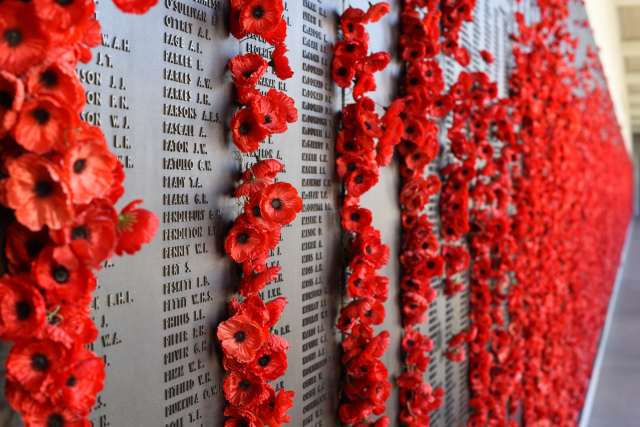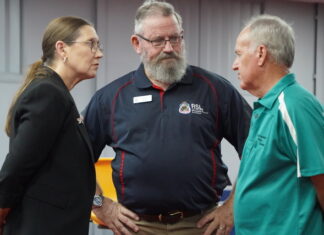We will remember them

Digital Edition
Subscribe
Get an all ACCESS PASS to the News and your Digital Edition with an online subscription
Welcome funding for community groups
Five groups in the Rockhampton Region, incoluding the Rockhampton Table Tennis Associuation and Gracemere RSL Sub Branch have recieved funding from the Gambling Community...







